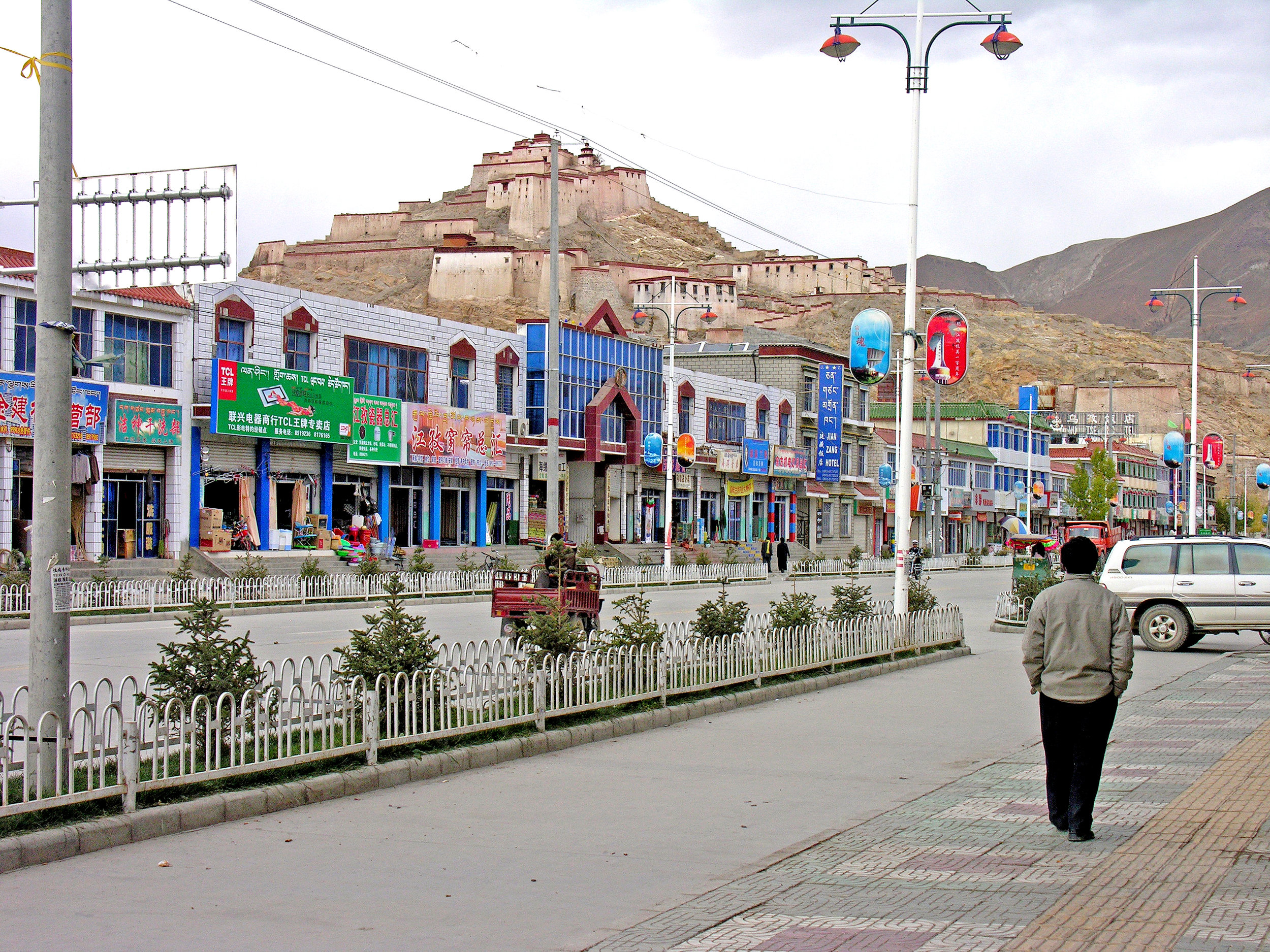How Did China Become So Powerful?
Once upon a time there was a beautiful kingdom. It had stunning mountains, gorgeous valleys, and hundreds of miles of coastline. Its buildings were more impressive than anywhere else. Its government was sophisticated and efficient. Its leaders dressed in silk. It was the wealthiest country in the world. No wonder the other kingdoms looked on with envy.
Alas, the beautiful kingdom’s glory did not last. Foreigners invaded the land and exploited it. Poverty and instability became normal. The people tried to resist foreign domination—their failure only made their condition worse.
After one hundred years of humiliation, a valiant knight arose who freed the beautiful kingdom from its foreign masters. However, the kingdom remained dirty and poor, for the knight did not know how to rule. Millions perished from hunger.
When all seemed lost, the knight died. It was then that the beautiful kingdom’s godfather appeared. He wept as he remembered what the kingdom had once been. Then he set to work.
It wasn’t easy. But within a few short years the kingdom shone again. Majestic new buildings appeared. Millions rose from poverty to prosperity. The kingdom’s workshops made exquisite products, just as they had done before. Foreigners sent their ships not to conquer but to trade. The kingdom was beautiful once more. The people celebrated with joy and pride.
That story is the story of China over the past thousand years. For centuries, China was the richest and most advanced country in the world. It faltered as the British and others inflicted a string of humiliating defeats. China won back its independence in 1949 when the Communist party seized control under the leadership of Mao Zedong—the valiant knight in our story.
However, the next thirty years were grim. Mao’s policies caused untold suffering, including the worst famine in modern history. Mao died in 1976. Forty years later, China had become the world’s second largest economy. More than 700 million people escaped poverty.
How? And who was the godfather?
After Mao’s death, everyone wanted change. The Communists had always hoped to make China strong and prosperous, but their policies had failed. Now was the time to experiment with new ideas.
An early sign of change came in 1978, when the government struck a deal that allowed Coca-Cola to build a bottling plant in Shanghai. China was opening up to the rest of the world and any help they might give. The Communist leadership now invited capitalists to help their economy grow. As one official put it: “It doesn’t matter whether a cat is white or black, as long as it catches mice.”
The godfather was Deng Xiaoping, who was China’s primary leader from the late 1970’s (although as we’ll see, he also filled a more sinister role in the country’s history). Deng approved a series of reforms that freed up China’s economy. He created special economic zones where capitalism and foreign firms could flourish. Most importantly, Deng encouraged individual initiative in all of China. If farmers grew more food than the government’s quotas required, they were now free to sell the excess on the open market. If someone had an extra room, they could rent it out. If they wanted to start a bicycle repair shop or a tailor’s, they could. Women were especially likely to become entrepreneurs.
These were dramatic changes. For decades, all economic activity in China had to be approved and controlled by the Communist party. Now, the party took a huge step back, and the free markets of capitalism made their way into Chinese society.
There were all sorts of problems. Coastal cities grew rich while rural China stayed poor. Drug use and crime exploded. So did envy of the new rich. Ethnic minorities felt they were excluded from the booming sectors of the economy. Corruption was everywhere. Pollution became intolerable.
It wasn’t surprising, then, when in 1989 discontent fueled political protests. Students packed Tiananmen Square in the centre of Beijing and called for democratic reforms. They wanted China’s leaders to be elected, and therefore more responsive to public opinion.
Deng Xiaoping didn’t listen. He ordered the army to send in tanks and suppress the protests. There would be no democracy in Communist China.
But capitalism was welcome. Deng made a deal with the people of China in 1989: don’t ask for political change, but get rich if you can.
All of China’s leaders since Deng have upheld that bargain. The country’s GDP is more than 70 times larger than it was when Mao died.
But it’s wrong to give China’s leaders all the credit, or even most of it. It was the businesses created by Chinese entrepreneurs that produced almost all the new jobs.
China today is not exactly a beautiful kingdom. Health care is patchy, workplaces can be hazardous, and pollution is terrible. People in 70 countries are still richer, on average, than people in China.
Yet what China has achieved in the past 40 years is remarkable. It has witnessed the greatest reduction of poverty in the history of the world. Before long, it should be the largest economy in the world. And now, in Xi Jinping it has a leader who is willing to assert Chinese power on the world stage. Throughout history, rising powers have always destabilized the old order, usually through war. Ensuring that this time it’s different—that a rising China will not threaten world peace—is the greatest political challenge of our generation.





